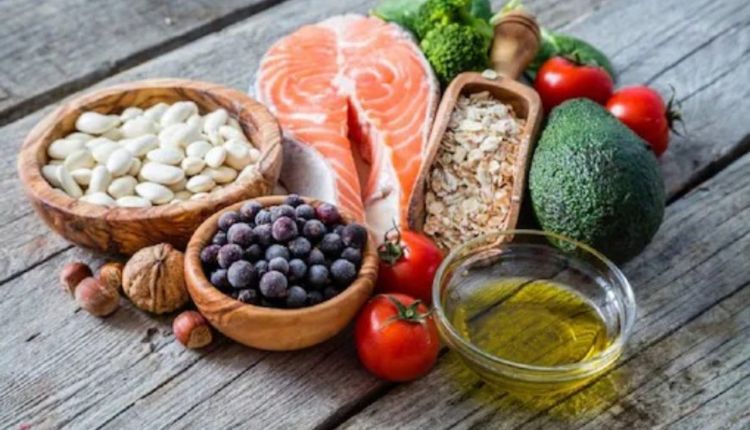Introduction:
Gaining weight can be a challenging endeavor for individuals looking to build muscle, increase body mass, or overcome a naturally fast metabolism. While some people may turn to unhealthy or processed foods to achieve weight gain, it’s essential to focus on consuming nutrient-rich foods that promote overall health. In this article, we will explore how raisins, a natural and wholesome food, can serve as an excellent aid in healthy weight gain.
Nutritional Profile Of Raisins:
Raisins, dried grapes, are small but packed with essential nutrients that can contribute to weight gain in a healthy way. Here’s a breakdown of the key nutrients found in raisins:
- Carbohydrates: Raisins are an excellent source of energy due to their high carbohydrate content. Carbohydrates provide fuel for the body and are necessary for weight gain.
- Fiber: Raisins are rich in dietary fiber, which aids in digestion and promotes a healthy gut. The fiber content helps regulate bowel movements, preventing constipation that may hinder weight gain efforts.
- Protein: While raisins are not exceptionally high in protein, they do contain small amounts that can contribute to muscle growth and repair. Combining raisins with other protein-rich foods can enhance their weight gain potential.
- Healthy Fats: Raisins contain a small amount of healthy fats, which provide additional calories for weight gain. These fats are important for maintaining a balanced diet and overall well-being.
Caloric Density And Weight Gain:
One of the key factors in gaining weight is consuming a surplus of calories. Raisins have a high caloric density, meaning they provide a significant amount of calories in a small serving size. A quarter-cup of raisins contains around 100 calories, making them an ideal snack for those seeking healthy weight gain.
Boosting Nutrient Intake:
Weight gain should not be achieved at the expense of overall health. Raisins are rich in various vitamins and minerals that support overall well-being. They are particularly abundant in potassium, iron, calcium, and B vitamins, including thiamin and riboflavin. These micronutrients play essential roles in maintaining bodily functions, such as energy production, immune system support, and bone health.
Incorporating Raisins Into A Weight Gain Diet:
To make the most of raisins’ weight gain potential, they can be incorporated into a well-balanced diet in several ways:
- Snacking: Consuming raisins as a standalone snack is a convenient and enjoyable way to boost calorie intake throughout the day. They can be easily carried in a pocket or bag, making them a perfect on-the-go snack option.
- Mix-ins: Raisins can be added to various dishes and recipes to increase their nutritional value and calorie content. They can be sprinkled over cereals, yogurt, or salads, mixed into trail mixes or granola bars, or included in baked goods like cookies and muffins.
- Nut Butter and Raisin Spread: Blend raisins with your favorite nut butter to create a delicious spread that can be used as a dip, sandwich filling, or topping for whole-grain toast. This combination adds healthy fats and additional calories to your meals.
Conclusion:
Gaining weight in a healthy and sustainable manner is a process that requires a balanced diet and regular exercise. While there is no magic food for weight gain, incorporating nutrient-dense foods like raisins can be an effective strategy. Raisins offer a wide range of essential nutrients, are easily accessible, and can be enjoyed in various ways. Remember to consult with a healthcare professional or a registered dietitian for personalized advice and guidance on your weight gain journey.
FAQs:
- Can eating raisins alone make me gain weight? Consuming raisins alone may not be sufficient for significant weight gain. However, they can be a valuable addition to a well-rounded diet and contribute to healthy weight gain when combined with other nutritious foods.
- Are there any side effects of eating raisins in excess? While raisins are generally safe to consume, excessive intake may lead to weight gain if not balanced with physical activity. Additionally, individuals with certain medical conditions, such as diabetes or gastrointestinal disorders, should moderate their raisin consumption due to their high sugar and fiber content. It’s best to consult a healthcare professional for personalized advice.

